The Wonderful Story of Henry Sugar review: A Wes Anderson classic!
Wes Anderson's adaptation of a Roald Dahl short story is a match made in heaven.
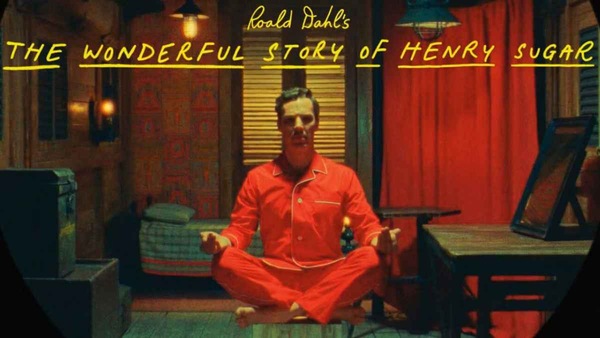
Last Updated: 03.45 AM, Sep 28, 2023
Story: Henry Sugar, a wealthy socialite in early 20th century England, discovers the means to see without the use of his eyes – an ability which took years to hone.
Review: Filmmaker Wes Anderson is no stranger when it comes to relying on unconventional means to craft a compelling film. In fact, Anderson has carved a reputation for delivering films with a distinctive aesthetic that screams his signature filmmaking techniques. From symmetric frames, dry humour, eccentric colour palettes, and quirky characters, Anderson has developed his own brand of cinema that continues to inspire and evolve. The Wonderful Story of Henry Sugar has an unmistakable Wes Anderson aura about it. However, it features elements that set it apart from the auteur’s previous works. With a runtime of just 37 minutes, The Wonderful Story of Henry Sugarfor all intents and purposes is a short film.
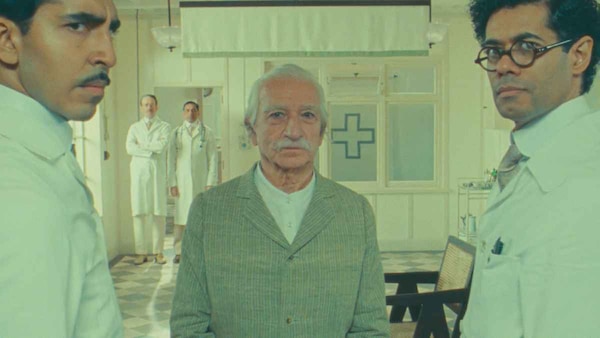
The film features just six actors in its entire cast, including Benedict Cumberbatch, Dev Patel, Ben Kingsley, Richard Ayoade, Rupert Friend, and Ralph Fiennes as a fictionalised version of Roald Dahl. Cumberbatch’s turn as the titular character is sublime, as is Kingsley as the mysterious Imdad Khan – the man who inspired Sugar to seek out the mythical Yogi in India. All the actors in the film, apart from Rupert Friend, play multiple characters in the film. It maintains the stage play and dollhouse aesthetic of the film. The frames shift to different scenes akin to a play where the stage management works to replace the stage setting for each scene. The other characters in the film played by Richard Ayoade and Dev Patel perfectly capture the essence of the film. One might even argue that the IT Crowd star Ayoade shows potential to be a regular in future Anderson films.
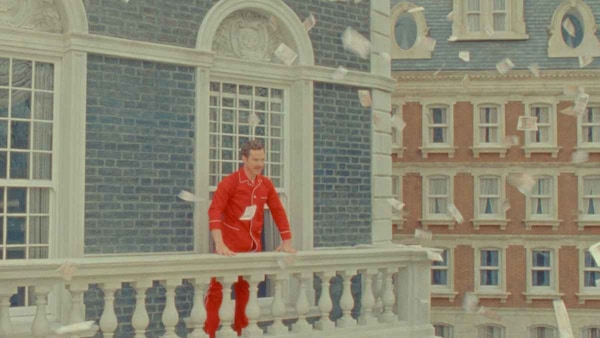
The most noticeable creative decision Anderson has employed is the fourth-wall-breaking exposition to narrate the story. The narration gives the impression of actors reading out sentences from a novel. It helps in adding subtle hints of dry humour to a relatively thin plot. The plot itself, despite its lack of thrills and spills, has intrigue and toys with the idea of whether the story of Henry Sugar is fictional. It adds a layer of nuance to storytelling that helps to elevate the narrative.
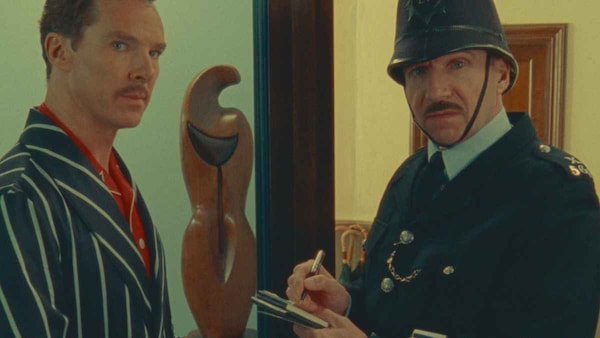
The story itself begins with the notion that wealthy socialites are not the most altruistic. But Henry Sugar’s story soon veers from a man’s selfish obsession of being imbued with wealth and power to a man who dedicates his life to helping others using his gifts. In many ways, he’s Batman, without the brooding and violence of course. The Wonderful Story of Henry Sugar is evidence that Wes Anderson's adaptation of a Roald Dahl short story is a match made in heaven.
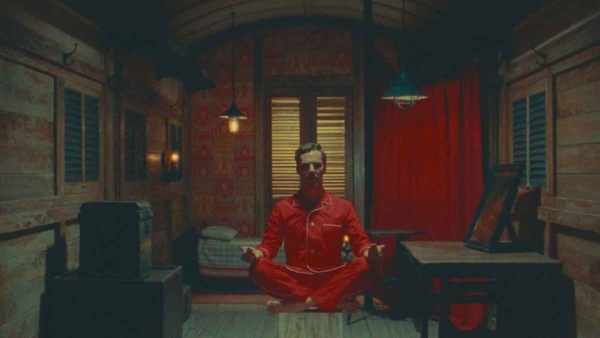
Verdict: The Wonderful Story of Henry Sugar is a wonderfully crafted Roald Dahl adaptation that only Wes Anderson could have helmed. The renowned filmmaker is already working on other Dahl short story adaptations and there is plenty of optimism that Anderson will deliver compelling iterations of the iconic stories.

 Premium
Premium